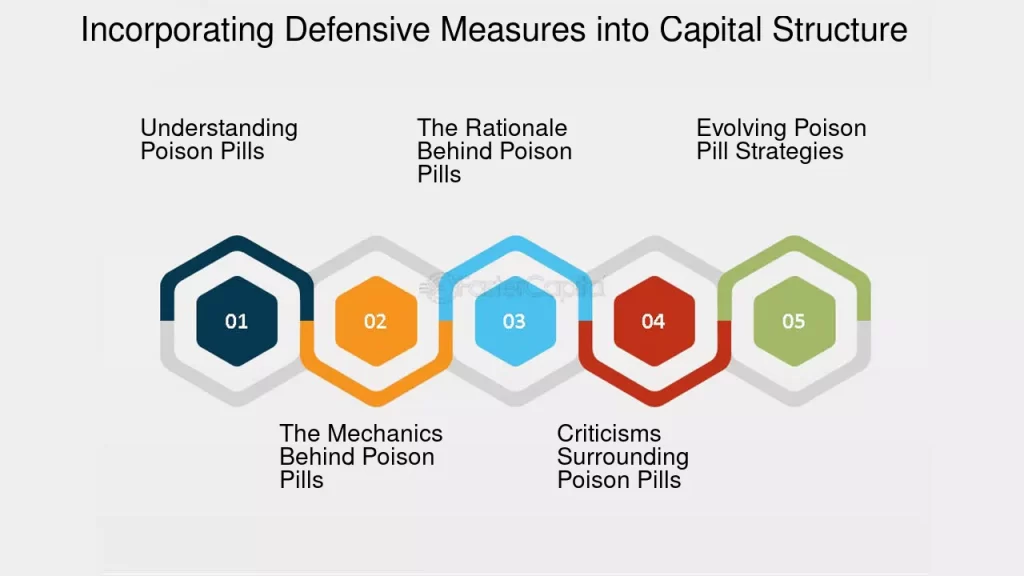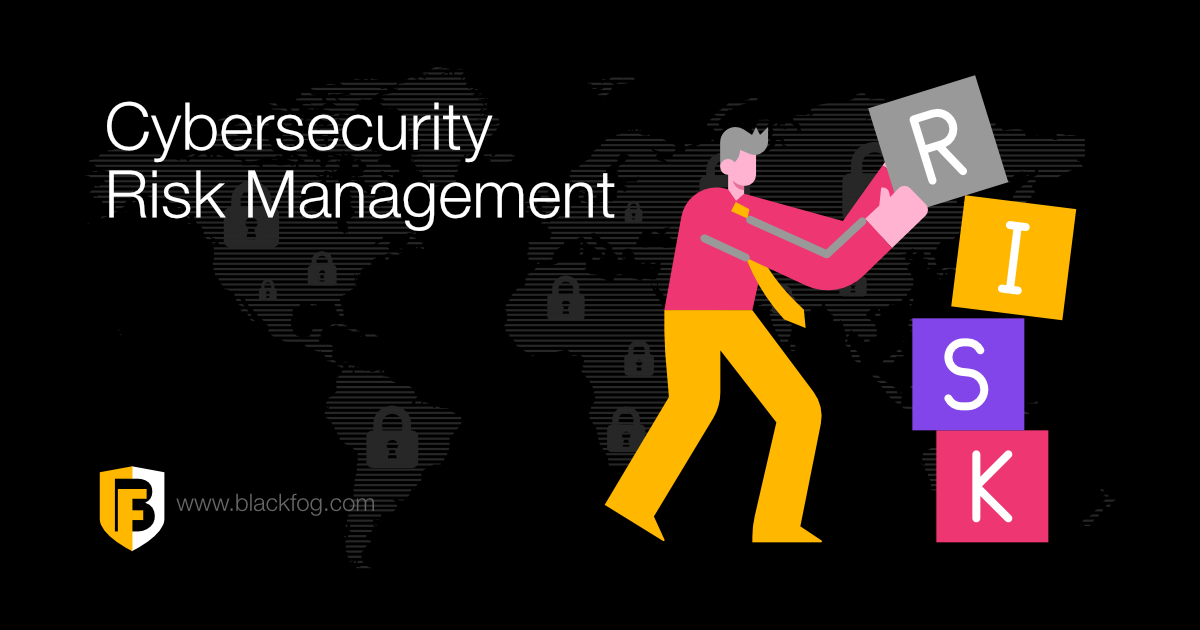Nation-State Cyber Attacks: Global News Roundup
Nation-State Cyber Attacks
Nation-state cyber attacks are sophisticated and targeted actions carried out by governments or state-sponsored groups against other countries, organizations, or individuals. These attacks are often driven by political, economic, or strategic motives and can have serious consequences for national security and global stability.
Nation-state cyber attacks typically involve the use of advanced techniques to breach systems, steal sensitive information, or disrupt operations. These attacks are usually more complex than typical cyber crimes and often require significant resources and expertise. The goal is often to gain an advantage over rival nations or to disrupt their operations in a way that benefits the attacker.
Recent High-Profile Attacks
In recent years, several high-profile nation-state cyber attacks have made headlines. For instance, the SolarWinds attack in 2020 was a major event where hackers, believed to be associated with a foreign nation, compromised the software of a major IT management company. This attack allowed the hackers to infiltrate numerous government and private sector networks, highlighting the extensive reach and impact of nation-state cyber operations.
Another notable attack was the 2021 Microsoft Exchange Server breach, where vulnerabilities in Microsoft’s email server software were exploited. This breach affected thousands of organizations worldwide and was attributed to a Chinese state-sponsored group. The attack underscored the vulnerability of widely used software to nation-state cyber threats.
Key Players in Nation-State Cyber Attacks
Several countries are frequently mentioned as key players in the realm of nation-state cyber attacks. These include the United States, China, Russia, and North Korea, among others. Each of these nations has been linked to various cyber attacks, often driven by their own strategic interests.
- United States: The U.S. has been both a victim and a perpetrator of cyber attacks. While it faces threats from other nation-states, it also engages in cyber operations as part of its broader defense and intelligence efforts.
- China: China is often associated with cyber espionage activities aimed at stealing intellectual property and sensitive information from other countries and companies. The Chinese government has been linked to several major attacks and is known for its sophisticated cyber capabilities.
- Russia: Russia has been implicated in numerous cyber attacks, including interference in foreign elections and attacks on critical infrastructure. Russian cyber operations are often attributed to state-sponsored groups such as APT28 and APT29.
- North Korea: North Korea is known for its cyber attacks aimed at financial institutions and other targets. The country’s cyber capabilities are often used to fund its activities and advance its strategic goals.
Impacts on Global Security
Nation-state cyber attacks have significant implications for global security. These attacks can lead to the theft of sensitive information, disruption of critical infrastructure, and erosion of trust between nations. They also pose a threat to the global economy, as they can target financial systems and disrupt international trade.
The impact of these attacks can be far-reaching. For example, a cyber attack on a major financial institution can have cascading effects on the global financial system. Similarly, attacks on critical infrastructure, such as power grids or transportation systems, can lead to widespread disruptions and affect millions of people.
Defensive Measures and Strategies

In response to the growing threat of nation-state cyber attacks, many countries and organizations are enhancing their defensive measures. This includes investing in advanced cybersecurity technologies, improving incident response capabilities, and increasing collaboration between public and private sectors.
Defensive strategies also involve strengthening international cooperation to address cyber threats. This includes sharing information about threats and vulnerabilities, coordinating responses to attacks, and developing international norms and agreements to govern state behavior in cyberspace.
International Responses and Diplomacy
The international community is increasingly recognizing the need for a coordinated response to nation-state cyber attacks. Various organizations, such as the United Nations and the European Union, are working to develop frameworks and agreements to address cyber threats and promote responsible behavior in cyberspace.
Diplomatic efforts are also underway to address the challenges posed by nation-state cyber attacks. This includes engaging in dialogue with other nations to establish norms and rules for state behavior in cyberspace, as well as working together to hold accountable those responsible for cyber attacks.
The Future of Nation-State Cyber Attacks
As technology continues to evolve, the nature of nation-state cyber attacks is likely to change as well. Advances in artificial intelligence, quantum computing, and other technologies could lead to new forms of cyber threats and capabilities.
The future of nation-state cyber attacks will also be influenced by geopolitical dynamics and the ongoing development of international norms and agreements. As countries continue to enhance their cyber capabilities and engage in cyber operations, it will be crucial to develop effective strategies to manage and mitigate the risks associated with these activities.
Conclusion
Nation-state cyber attacks represent a significant and growing threat to global security. They involve sophisticated and targeted actions by governments or state-sponsored groups aimed at gaining an advantage or disrupting operations. Recent high-profile attacks have highlighted the extent and impact of these threats, while defensive measures and international responses continue to evolve.
Understanding the key players, impacts, and responses related to nation-state cyber attacks is essential for developing effective strategies to address these challenges. As technology and geopolitics continue to evolve, the future of nation-state cyber attacks will likely be shaped by ongoing developments in both areas.



